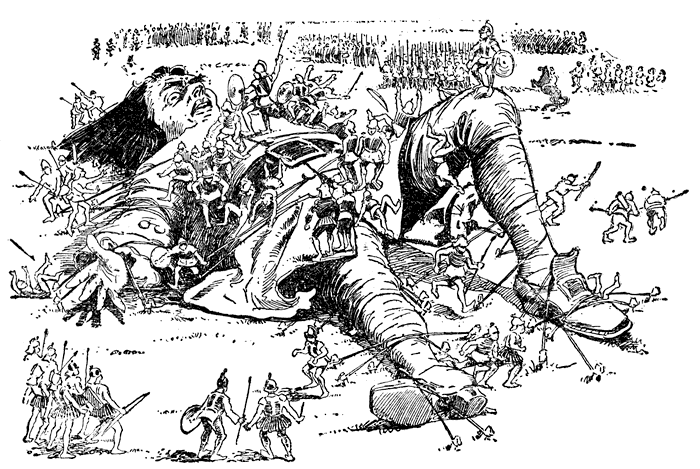UPDATE June 20th. I have realised I may have been too emotional about this. I have decided to try to learn more about what the Diplomacy 2.0 vision looks like in 2016, and then make up my mind.
This post is a part of a series of reflections aimed at cutting back on the noughties’ hype about the wonderful changes of modern technology. The Internet is a wonderful thing, but, in retrospect, we seem to have gotten a little overenthusiastic. I am as guilty as anyone else, and am now trying to regain a more critical perspective (example).
2009, remember? A charismatic, charming, pre-drone strikes and let-Guantanamo-be Barack Obama sat in the White House, heralding a new era of Internet-powered transparency, accountability and collaboration. It was government 2.0’s finest hour.
In 2009, a man named Alec Ross visited Italy on behalf of the State Department. He toured the country, and everywhere he went he asked to meet the local bloggers. The city authority in Bologna invited me to one such meeting. Wide-eyed with admiration at the cool of the Obama administration, a half dozen bloggers attended. Relaxed and confident, Ross looked and spoke more like a social media marketing early mover than like a diplomat. He also seemed to have no agenda: he just wanted State Department to be friends with the bloggers. That seemed very forward thinking. It still does. He called it “diplomacy 2.0”. Transparency and openness are in the interest of diplomats, he explained. The more clearly a country communicates, the better its positions can be understood, even more so in a media landscape where bloggers were becoming the main opinion makers. There will still be classified information, but the new normal was to be one of openness.
What a great concept, we all thought. How far behind we are lagging in our own country. Then CableLeaks happened, and State Department did not like transparency so much anymore. The administration maintained on the one hand that there was no dirty secret to uncover in the cables, and on the other hand that people had no business knowing what was in there. The pool of highly prestigious newspapers redacting the leaks before publication (The Guardian, Der Spiegel, El Paìs, Le Monde…) were told in no uncertain terms to hand over the material. It all ended in a major mess, involving Amazon, Mastercard, Paypal, John Perry Barlow and just about any government worth its salt (or not). All this led the Executive Office of the President to circulate a memorandum (January 2011), addressed to every branch of the American government. It is signed by the then-director, of the National Counterintelligence Agency, and comes down to: “are you sure you got your employees on tight lockdown?” My favourite question is this:
Do you use psychiatrist and sociologist to measure: (i) Relative happiness as a means to gauge trustworthiness? (ii) Despondence and grumpiness as a means to gauge waning trustworthiness?
So much for openness.
But why reminesce about this now? Because I made a mistake: I endorsed the Diplomacy 2.0 concept. I tried to convince people I respect that yes, “diplomacy is the prosecution of war by other means” and all that, but you could trust these guys. They were like us. It made so much sense.
And because Mr. Ross is back. He’s got a book out. It’s called “The Industries of the Future”, and it sets itself an ambitious goal:
Leading innovation expert Alec Ross explains what’s next for the world: the advances and stumbling blocks that will emerge in the next ten years, and how we can navigate them.
His 2009 prediction about an open, transparent diplomacy “being next” turned out to be very wrong, as Clay Shirky pointed out. That’s an interesting failure, and we can all learn from it. So I contacted Ross to ask him if I could look forward to a chapter about diplomacy 2.0 being blown to hell by the old guard’s reaction to Wikileaks. His reply:
You can keep waiting. Diplomacy 2.0 is as strong today as ever. And I agree 100% with Clinton on Wikileaks. The wikileaked cables changed nothing. If anything, they showed what an excellent job American diplomats were doing. They did not reveal wrongdoing. They revealed right-doing. (whole discussion at 2016-05-25 17.35, image file)
The discussion that ensued was civilised, but unproductive and unpleasant. Ross insisted on blaming Senator Joe Lieberman, not the Obama administration, for the US reaction to the Cableleaks. Senator Lieberman has his sins to answer for, but this is, not to put too fine a point on it, a lie. The memorandum quoted above does not come from the U.S. Senate. It comes from a very senior officer in the executive branch. I backed off – we were getting nowhere, and I have no interest in trolling. I was in it for the learning.
Still, I do not think Ross’s position (that everything is smooth sailing) is credible. I don’t think I will be reading this book. It’s not so much the wrong prediction, that happens to everyone, especially experts. It’s the refusal to acknowledge it that I cannot respect. Toeing the party line is just what you do not want in a futurist. Shame: Ross is smart and has been around, but I just cannot bring myself to trust him after this. Fool me once, shame on you. But fool me twice?
Photo credit: Cathy Davey.

